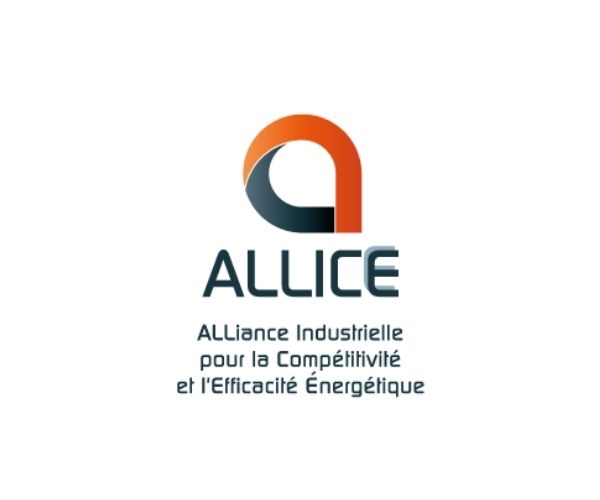Partners, sectors & events
Decarbonated gases and process electrification: what are the key lessons?
06
May

Published on : 06/05/2022
As part of its mission to support innovation and energy efficiencý for industry, the ALLICE Alliance wished to inform its members on the potential for electrification of industrial thermal processes on a national scale and on the potential for integration of decarbonated gases. These two studies have been conducted with the special support of ADEME (the French Agency for Ecological Transition), allowing them to be exceptionally the subject of two public summaries accessible to all. Find the summaries of the two studies as well as the invitations for the two webinars of restitution.
" As the French electricity mix is among the most carbon-free in Europe, the electrification of thermal processes appears to be a major lever for decarbonization for industrial players.
As the French electricity mix is among the most decarbonized in Europe, the electrification of thermal processes appears to be a major lever for decarbonization for industrial players, particularly for low-temperature thermal uses or for certain specific processes for which highly efficient technologies exist. Of the 258 TWh of consumption linked to thermal processes, 240 TWh are currently not electrified, whereas 29% could be electrified by 2035.
In this context, a strong increase in the consumption of decarbonated gases in industry is expected, particularly for certain very high temperature processes, especially in the clay and steel sectors. Feedback on the integration of decarbonated gases in industrial processes is already available. In the future, the place of each of these gases and their level of penetration will depend on the evolution of the production sectors, the level of support for these sectors, and the technological choices made for each of the other French energy uses. For example, boilers will be able to accept raw gases such as biogas or syngas more easily. On the contrary, the use of decarbonated gases in furnaces is more complex, but the interest for a use in cooking is stronger.
As part of its mission to support innovation and energy efficiencý for industry, the ALLICE Alliance wished to inform its members on the potential for electrification of industrial thermal processes on a national scale and on the potential for integration of decarbonated gases.
These two studies were conducted thanks to special support from ADEME (the French Agency for Ecological Transition), allowing them, exceptionally, to be the subject of two public syntheses accessible to all.
In order to promote this work, two public webinars are organized on June 14 (Potential for electrification of industrial thermal processes on a national scale - registration) and June 21 (Decarbonized Gas Integration Potential - registration) from 12pm to 2pm.
__
Contact : Marie-Pierre LABAU - mplabau@ctcpa.org






